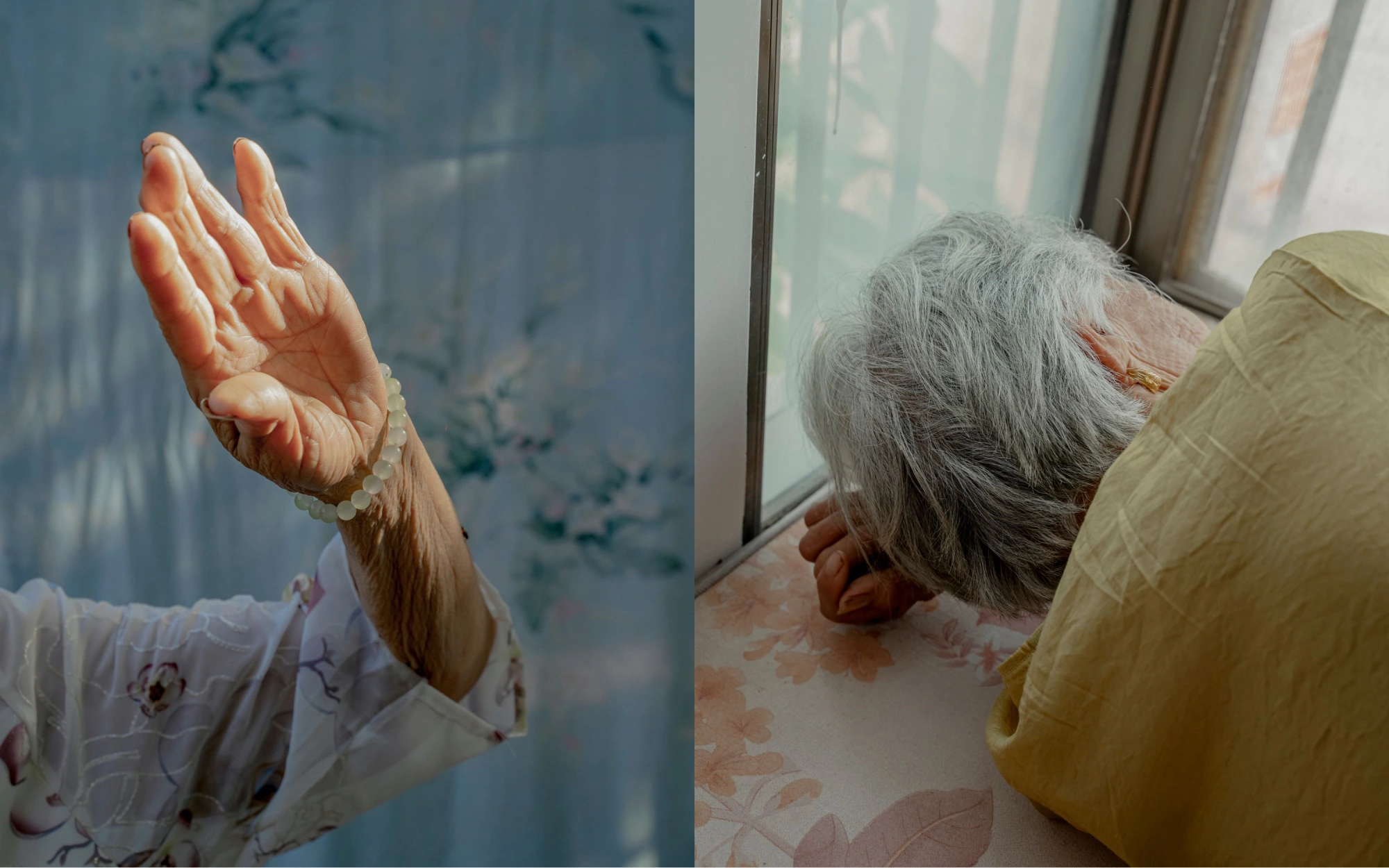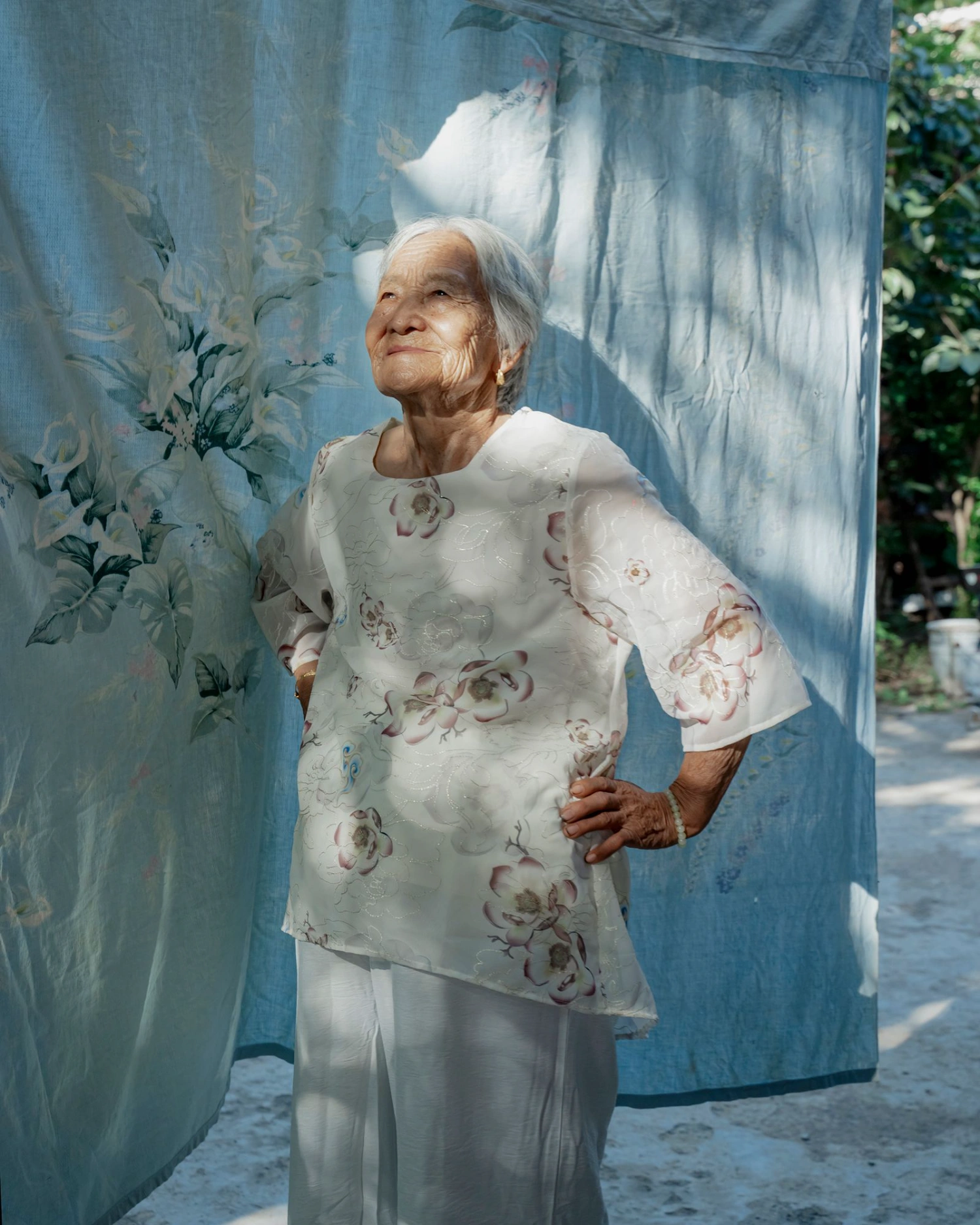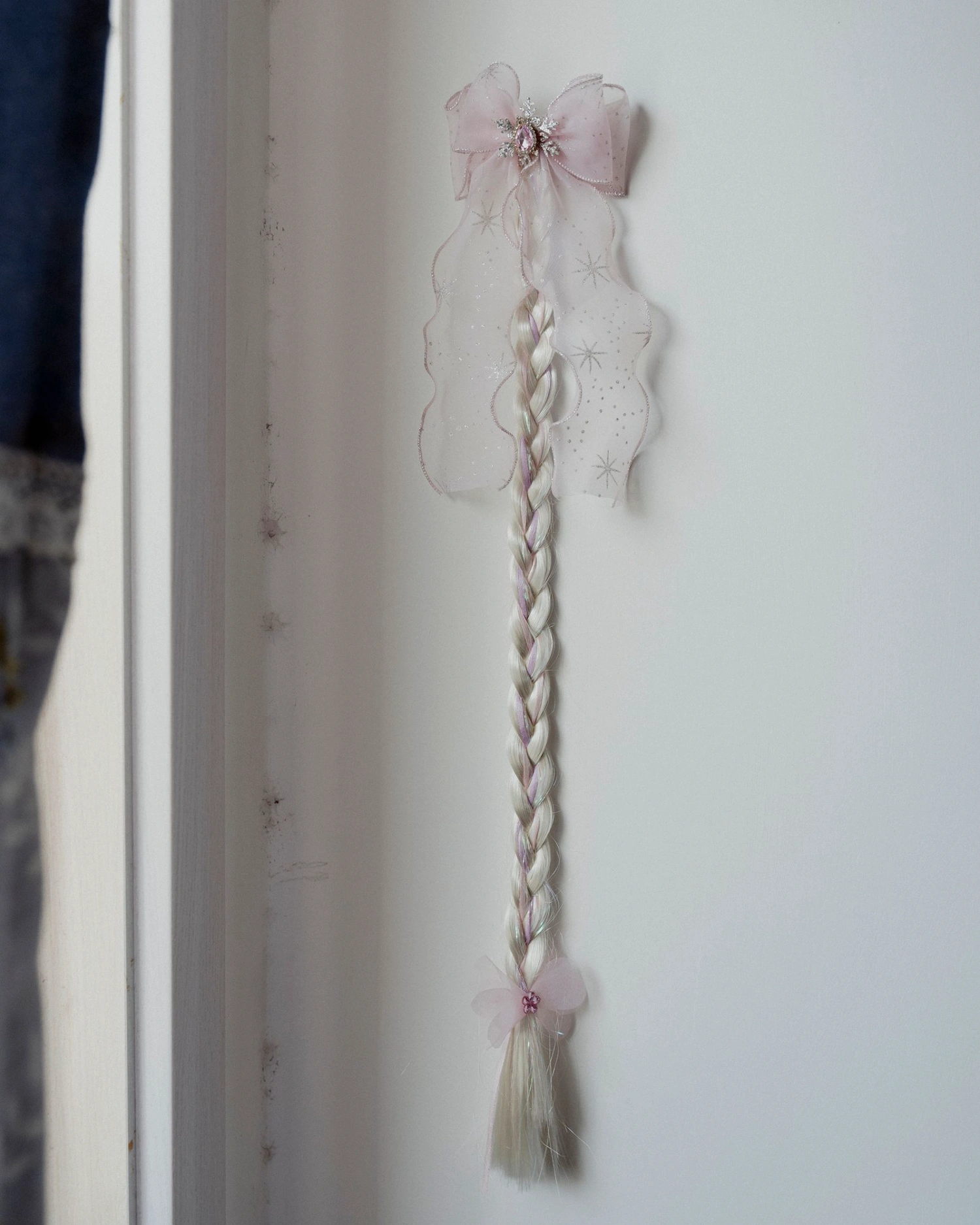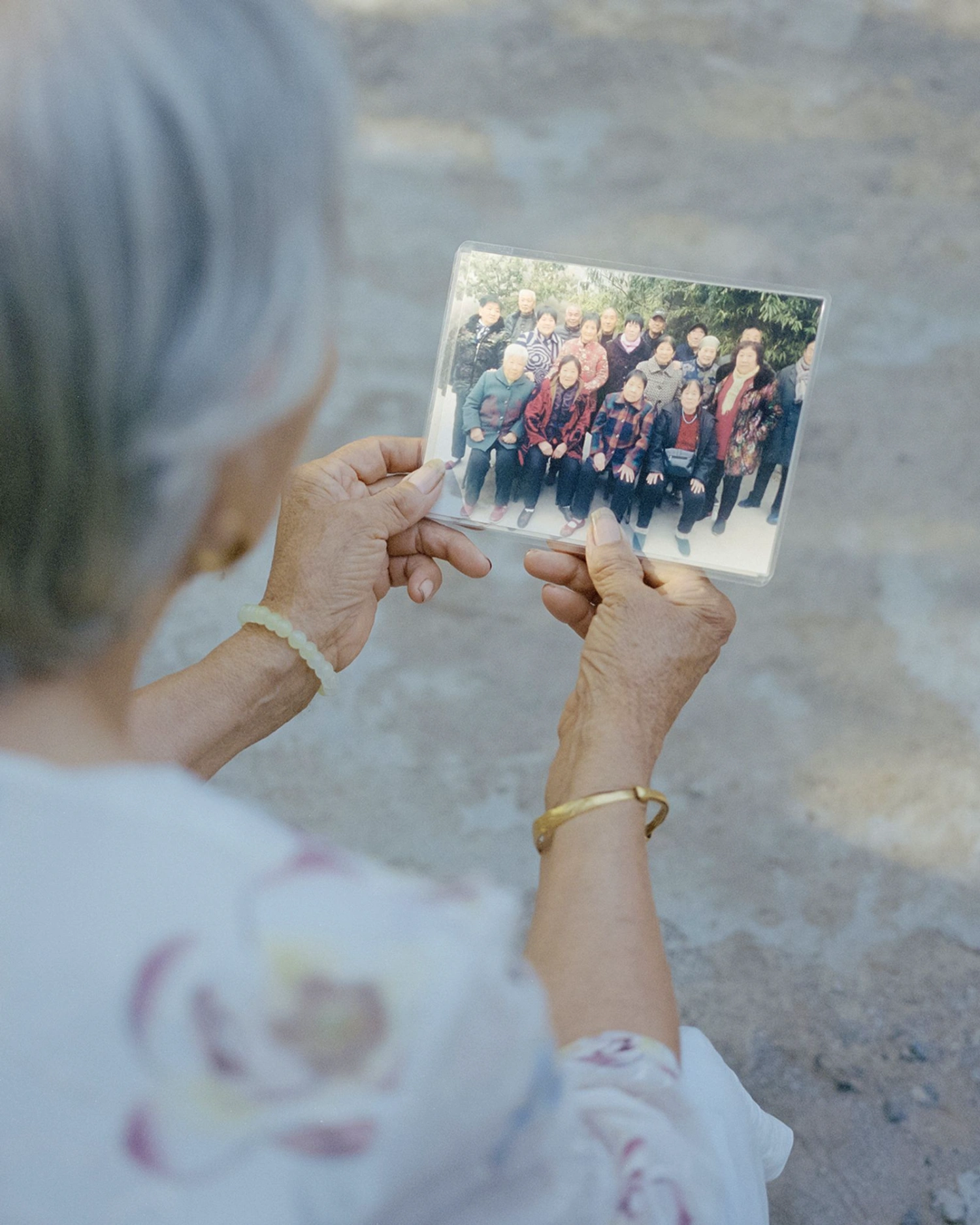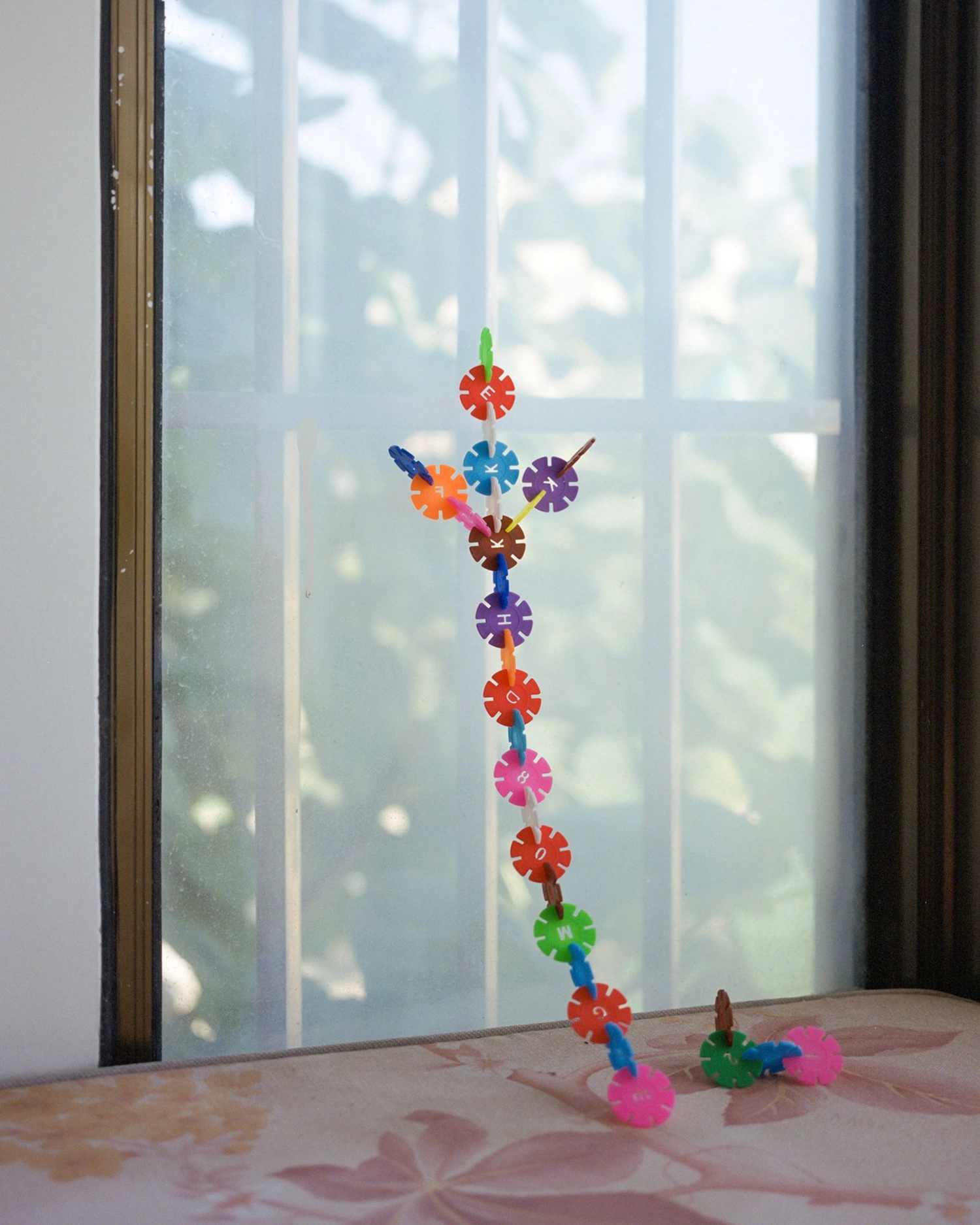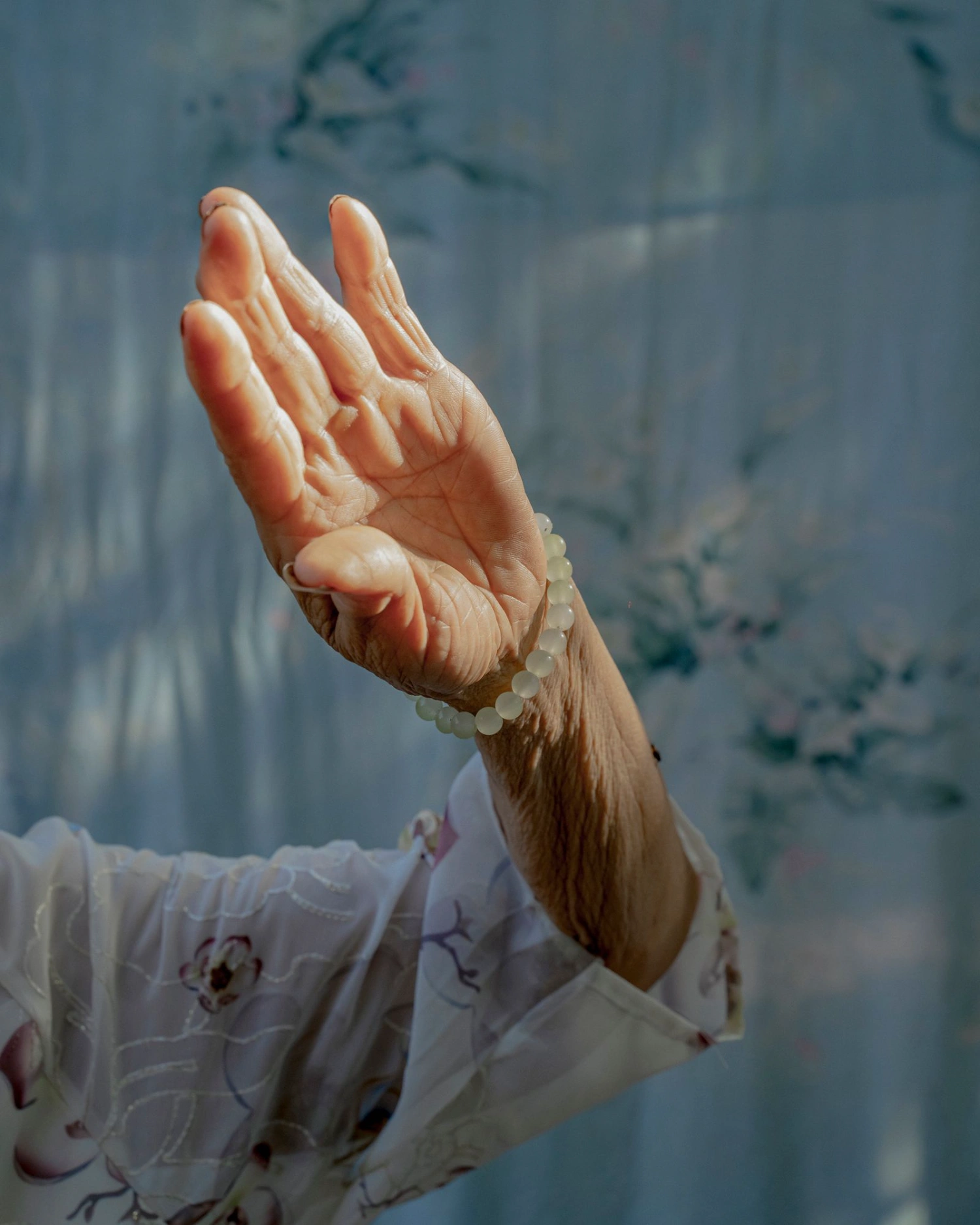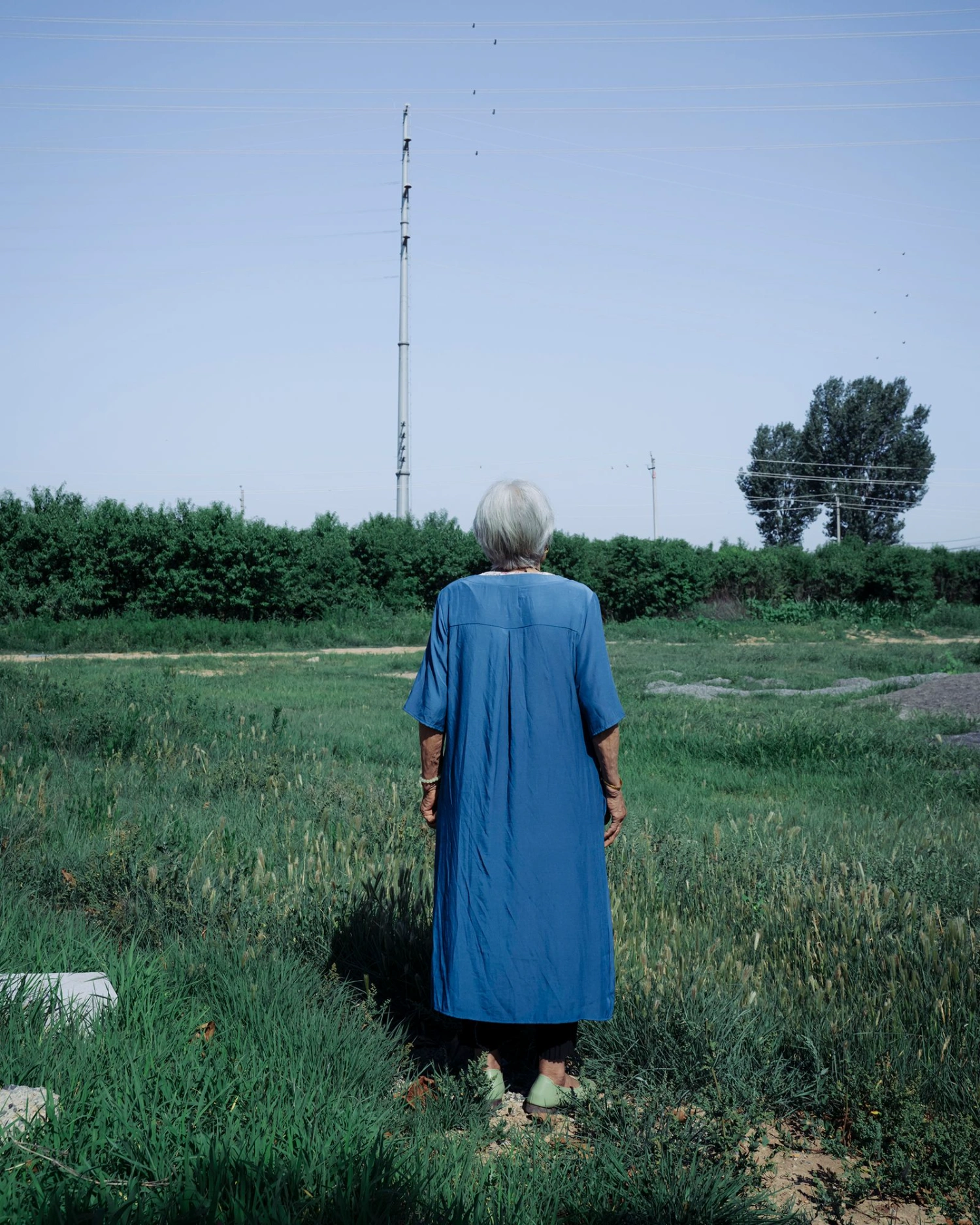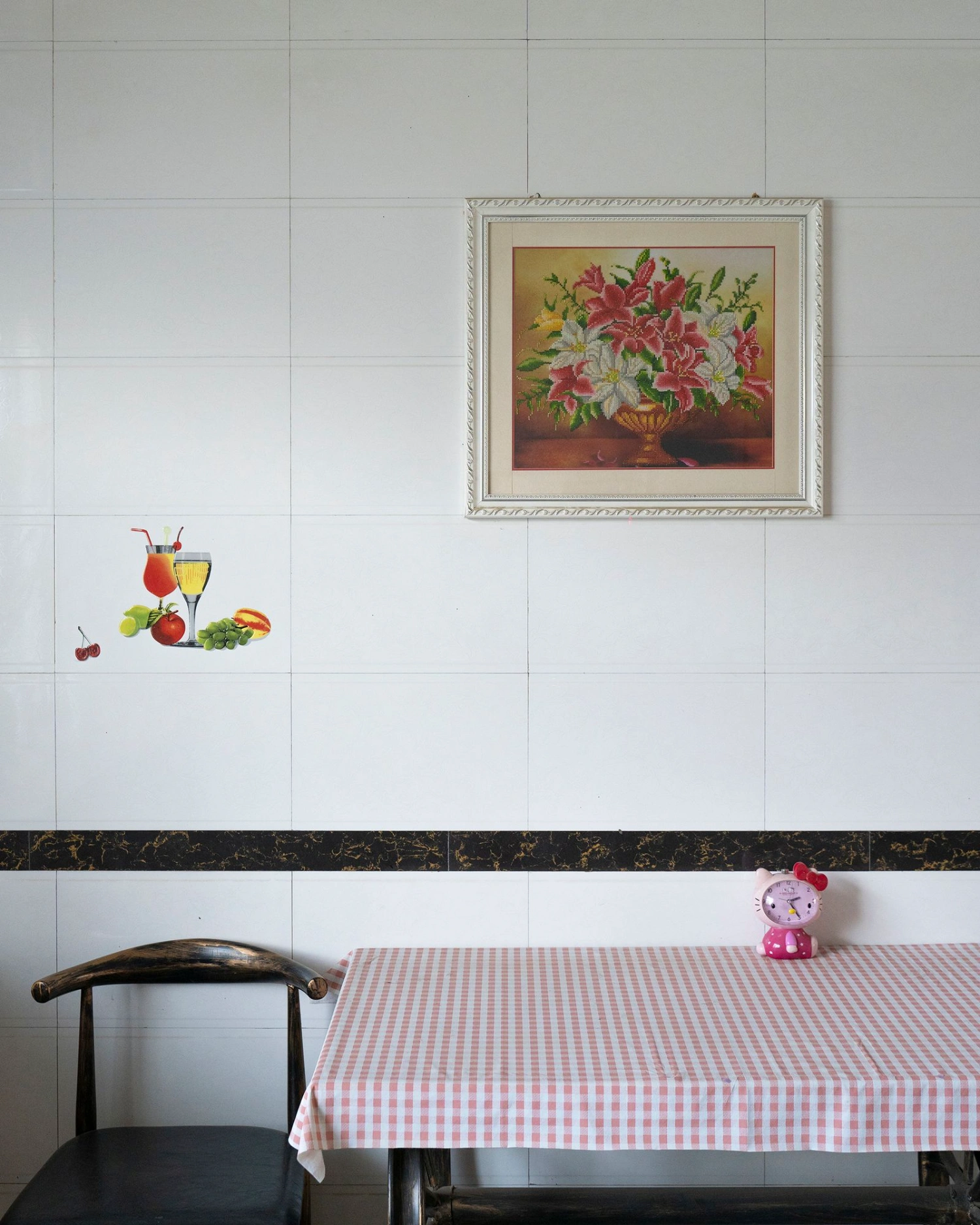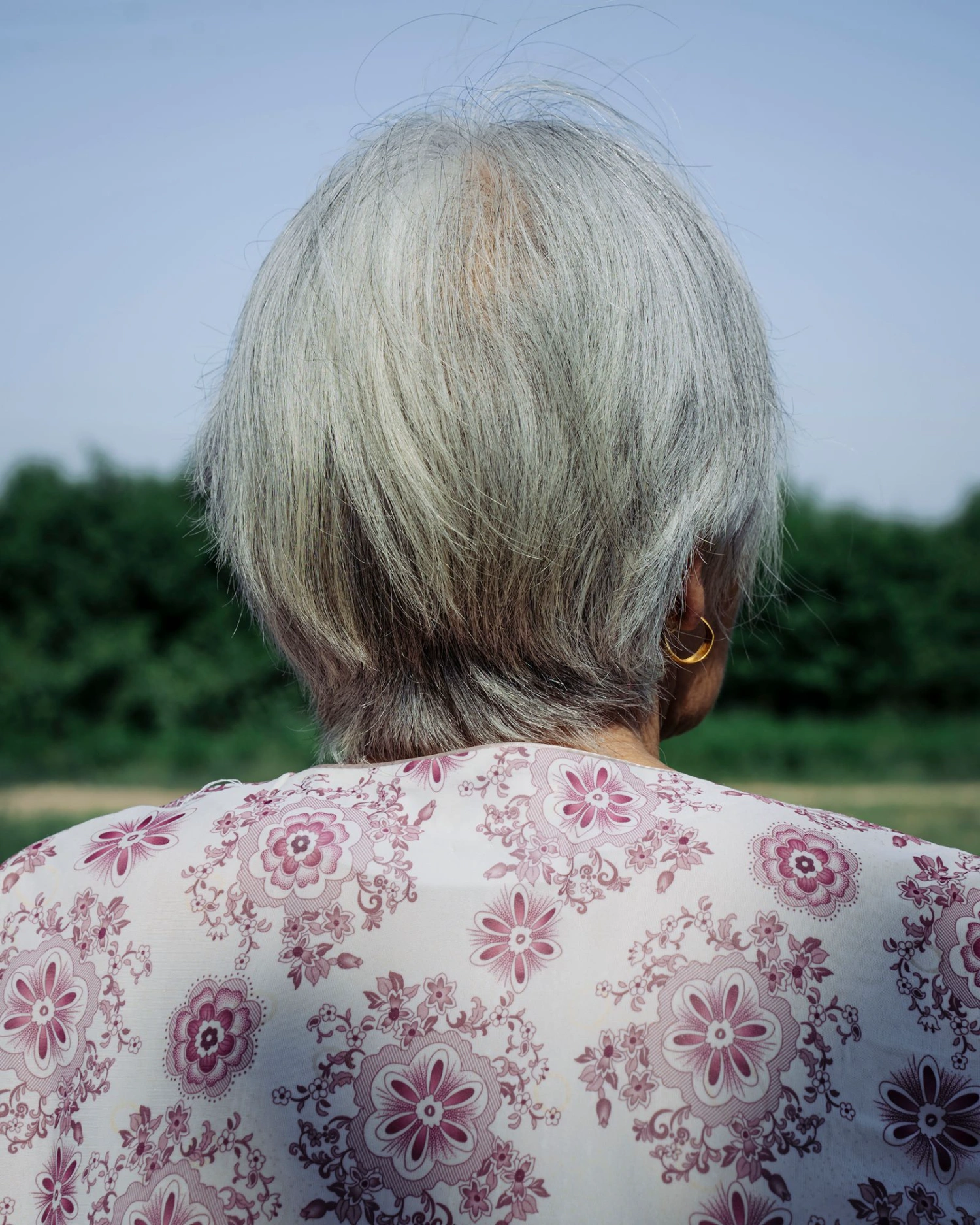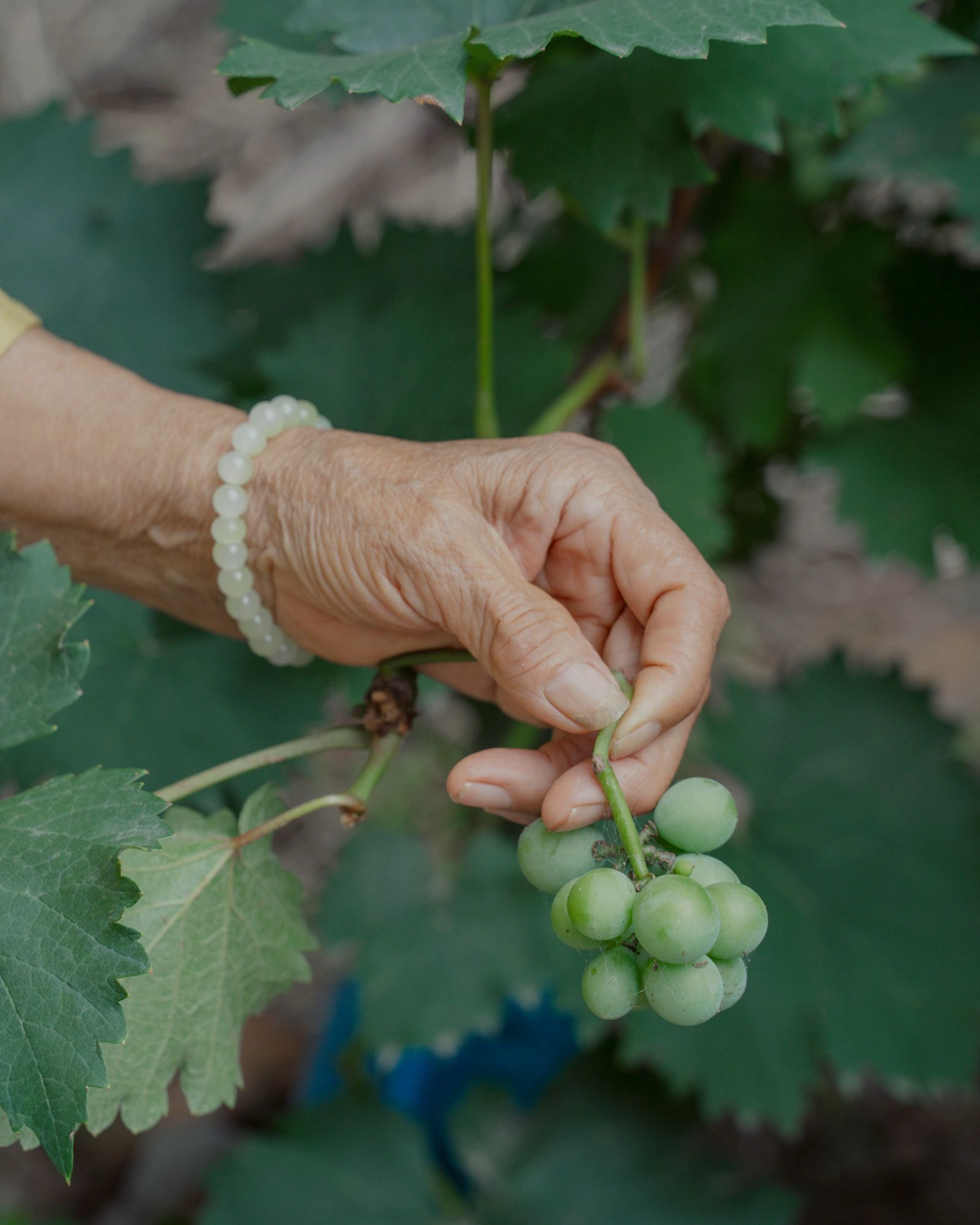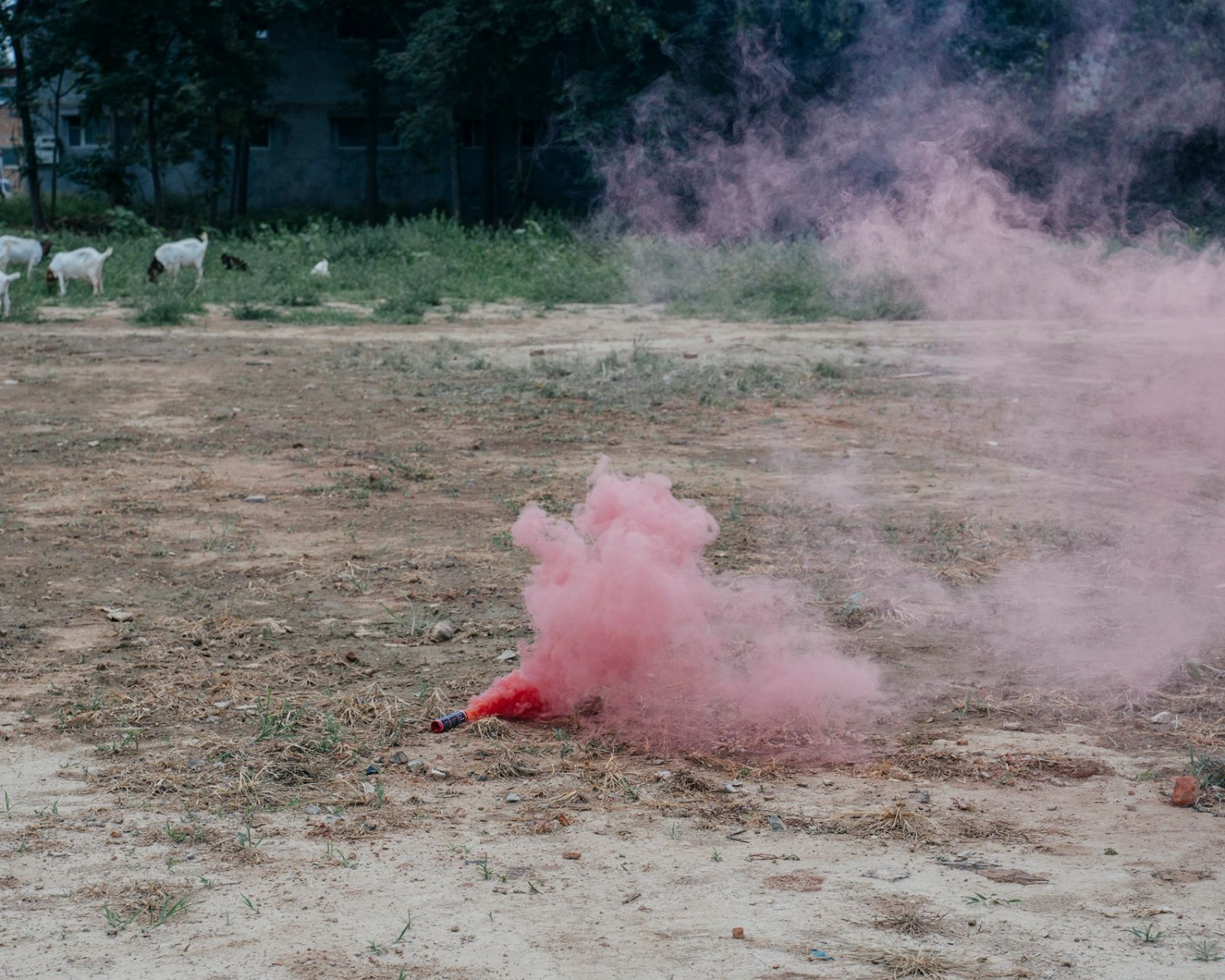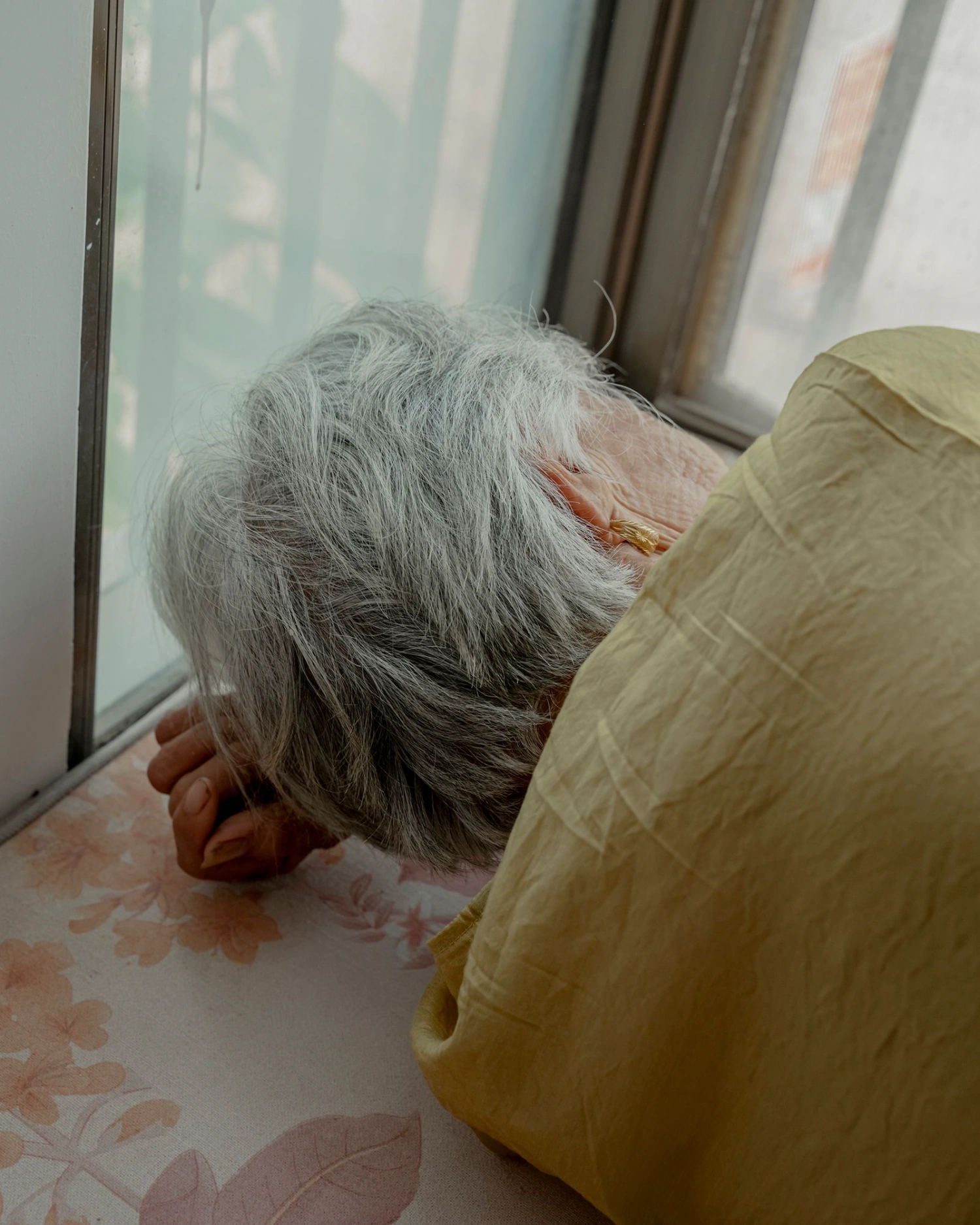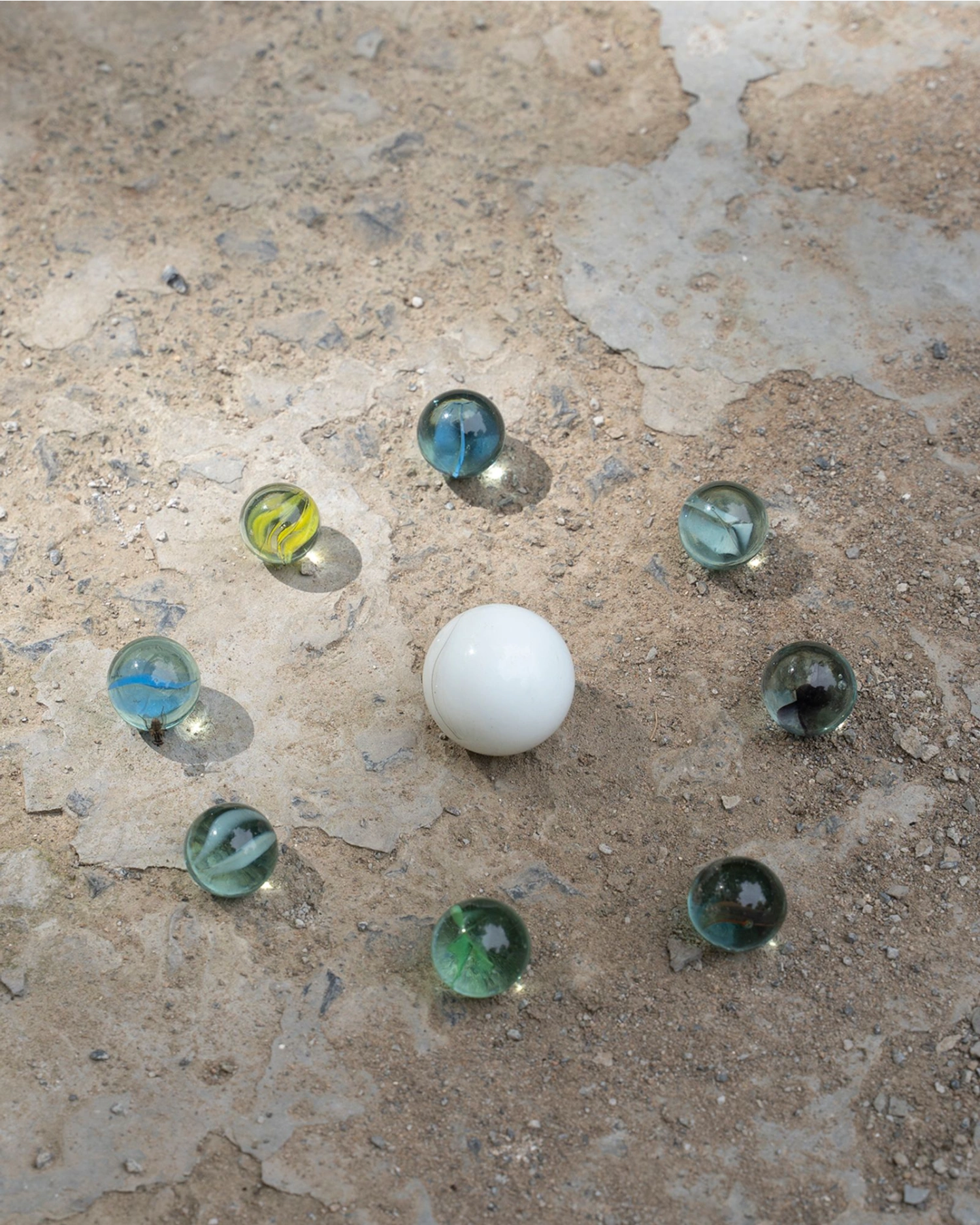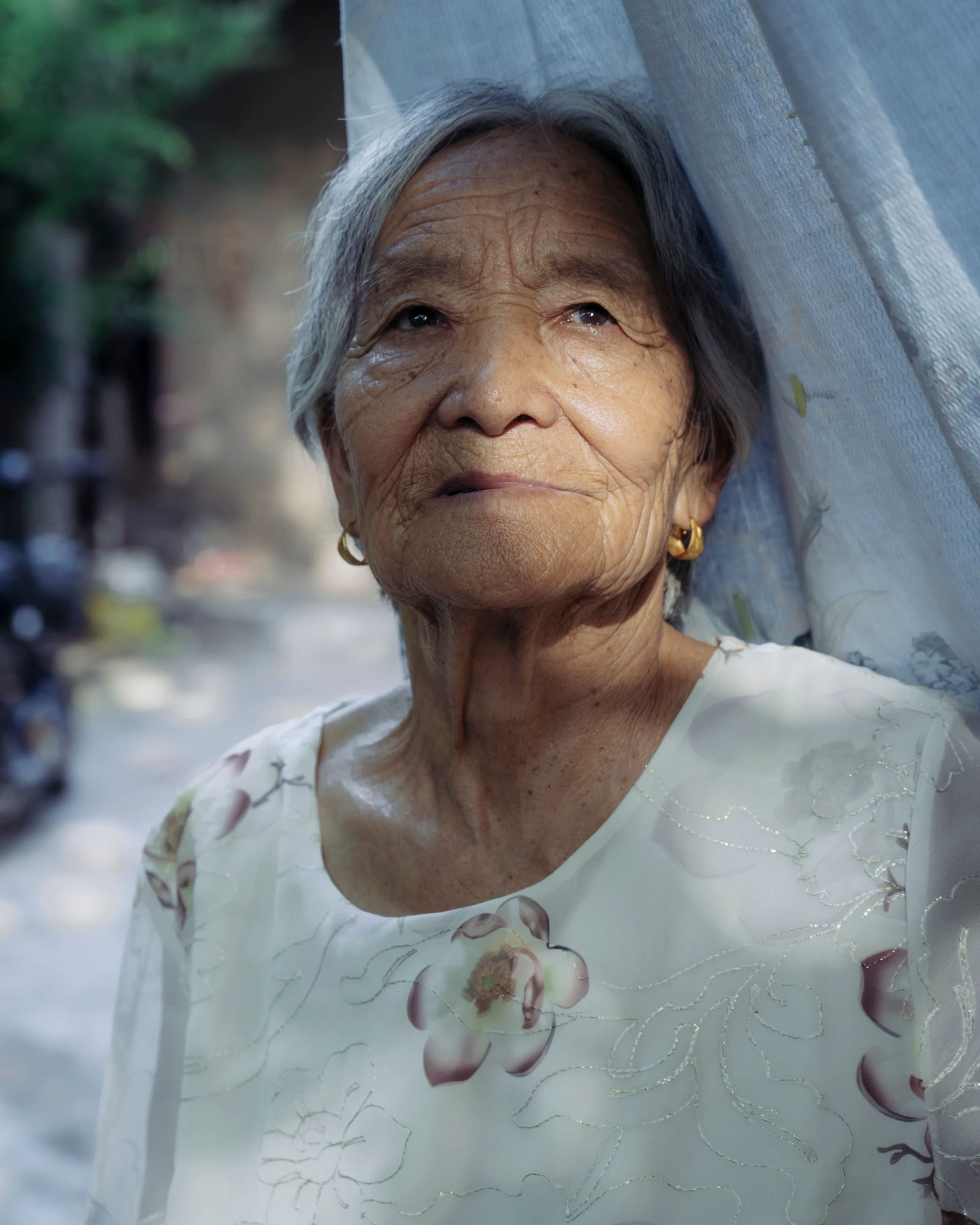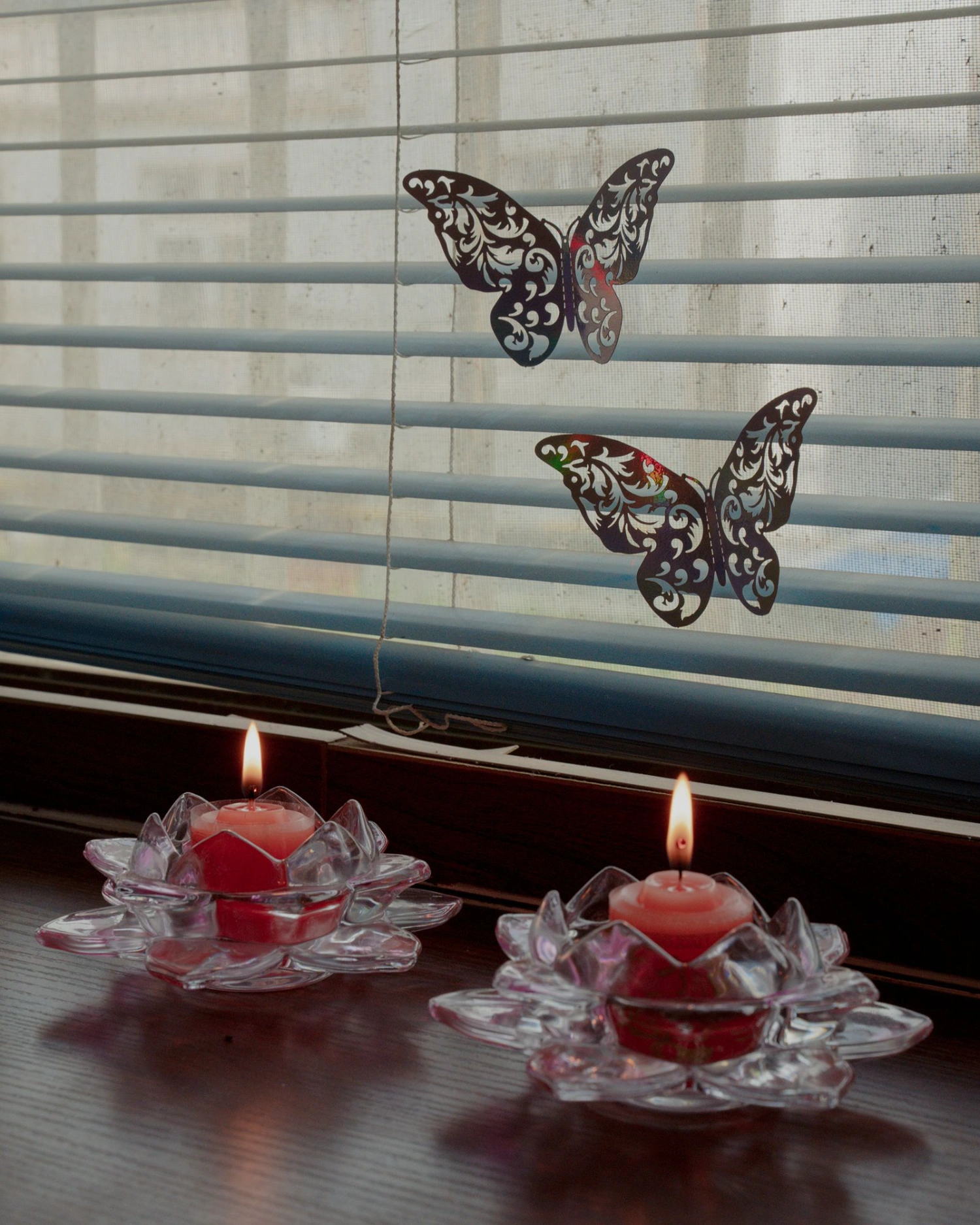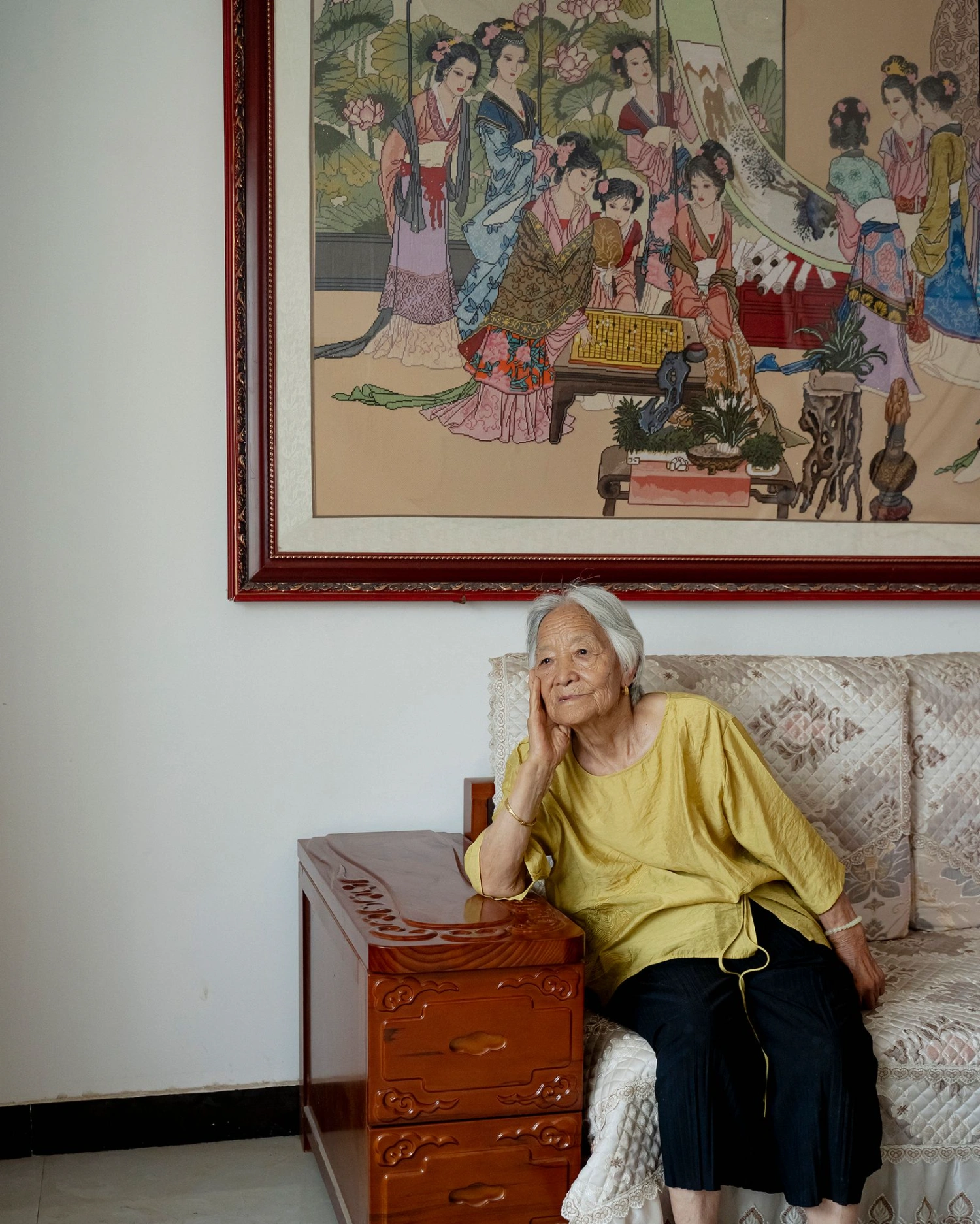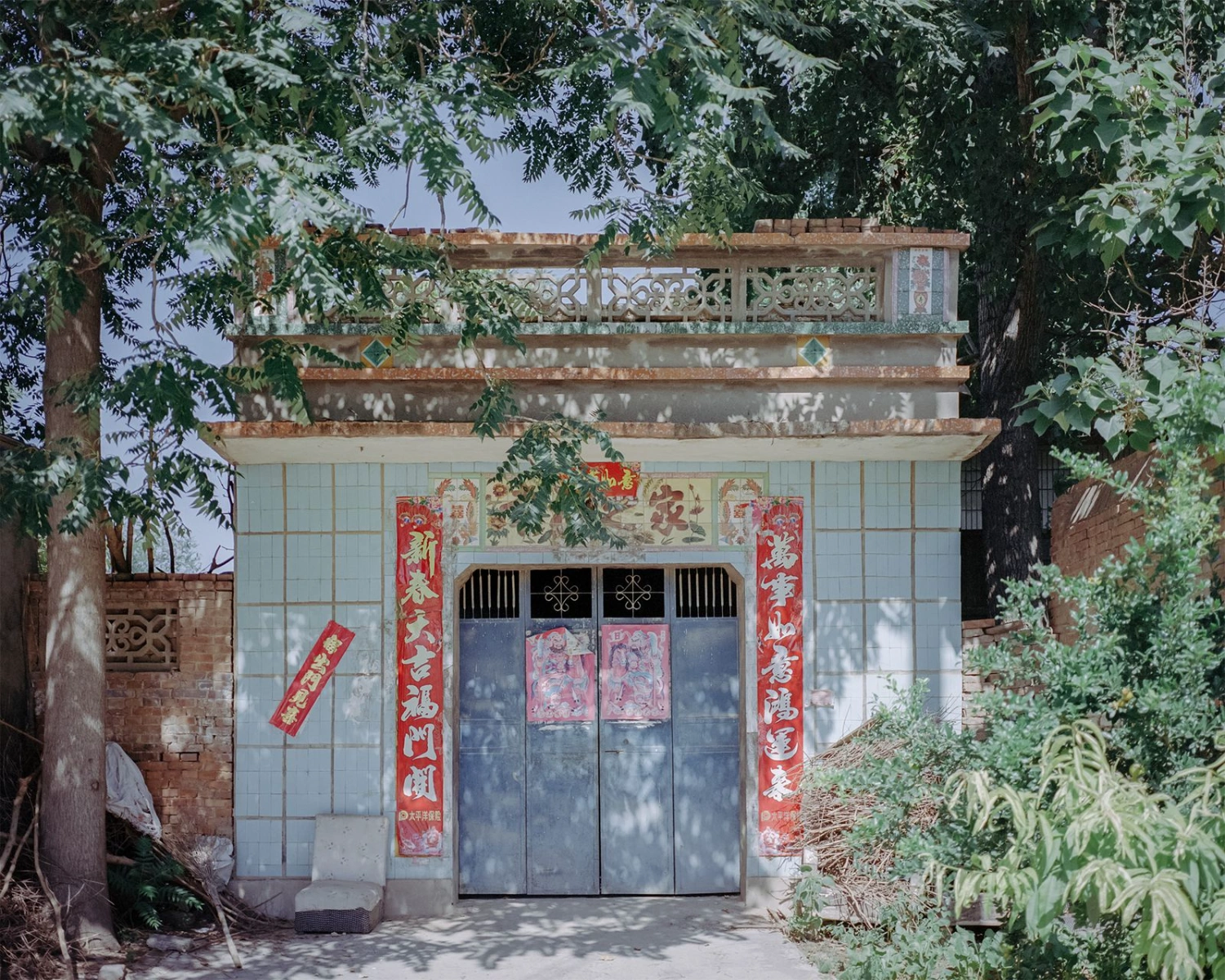"Don’t Leave Me" is a poetic photographic elegy to a grandmother whose illness redefined their relationship — Kaiwei Duan captures presence, absence and the fragility at the heart of love.
In Don’t Leave Me, Kaiwei Duan composes with memory as a material. The images feel less like documentation and more like a gathering of traces — a light’s caress on grey hair, a hand pressing into a photograph, a figure turned away in the field. There is a deliberate ambiguity in the framing: sometimes we see her grandmother’s face, sometimes her gesture, sometimes just the space she occupies. This shifting vantage draws out absence as much as presence.
In Duan’s narrative, the photograph becomes a tender retention against loss. His grandmother’s life had long embodied resilience and silent authority, yet the surgical removal of her uterus shattered more than biology—it ruptured a metaphorical geography of nurturing and intimacy. Duan doesn’t simply recount illness; he excavates the psychic shift that follows such embodied change, how fragility seeps into the domain of spirit. The images quietly echo this loss: the body is present but estranged, familiar but impermanent.
There is also the paradoxical tension between the public and private. Many images evoke domestic interiors, familiar objects, and landscapes already worn with memory. Yet these are not mere vernacular snapshots: they are composed with an almost painterly light and quiet precision. The everyday is reframed in the register of elegy. What might once have circulated unseen within the intimacy of family is now rendered palpable and universal. In that transformation lies the work’s quiet power.
Duan confronts the inevitable—our loved ones will depart—but he insists on what precedes absence. He reaches for the look in a grandmother’s eyes, the surface of skin, the weight of a hand. These are his antiphons against oblivion. If the work is a tribute, it is one that resists sentimentality; it is a patient act of bearing witness, of holding love steady even as time unwinds.

